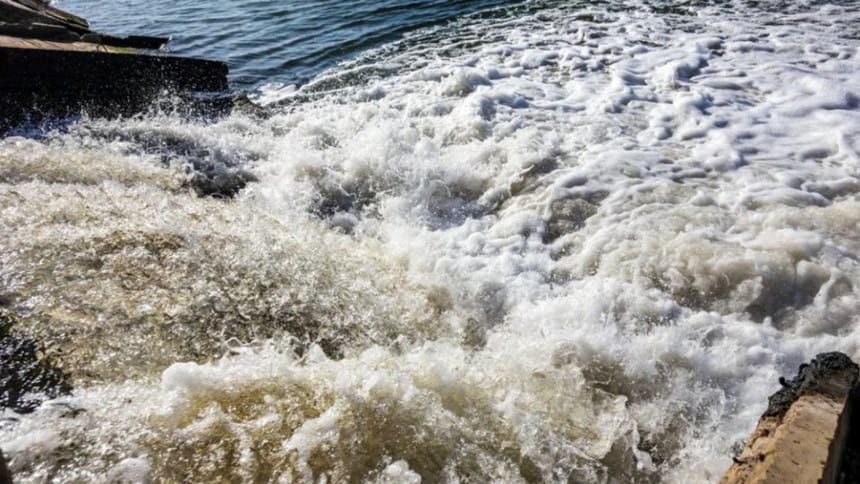Egypt develops low-power water desalination technique

Removing salt from water is not an easy process. Current desalination technology requires a high amount of energy, making it prohibitively expensive — especially in developing nations, reports Yahoo news. But a team of researchers at Alexandria University in Egypt have bypassed these power-hungry methods and created a simple filtration technique; the details of which are described in a research paper published last month in Water Science and Technology.
To remove salt from water with minimal power, the researchers use the process of pervaporation, in which salt water is first filtered though a membrane to remove larger particles. These filters contain cellulose acetate powder that, along with other components, will bind the salt particles as they pass through the membrane. Made from materials common to Egypt and surrounding countries, the filters are affordable and can easily be produced in a laboratory setting.
Once filtered, the water is vaporized under heat in a second purification step. The vapor, containing pure water, is then condensed and collected for drinking purposes. This method reportedly works with sea water, even the highly-salinized water of the Red Sea. It also purifies water that’s been contaminated with sewage and/or dirt, which makes it beneficial for use in developing nations. Because it uses ingredients available locally and does not require lot of energy, desalination via pervaporation is a relatively inexpensive process. “Using pervaporation eliminates the need for electricity that is used in classic desalination processes, thus cutting costs significantly,” says said Ahmed El-Shafei, an associate professor of agricultural and biosystems engineering in Alexandria University.
The method of pervaporation has been in use since the early 1990s and is being used in waste water treatment to separate organic solvents from industrial waste water. The team hopes to scale up production of the saline-removine membrane, printing it off in sheets that can be cut down for individual use. It also is working on a pilot desalination unit to test out the method on a larger scale.

 For all latest news, follow The Daily Star's Google News channel.
For all latest news, follow The Daily Star's Google News channel. 



Comments